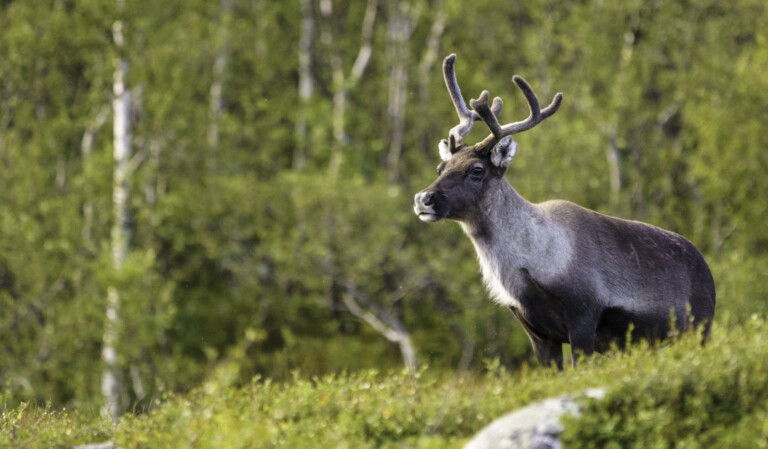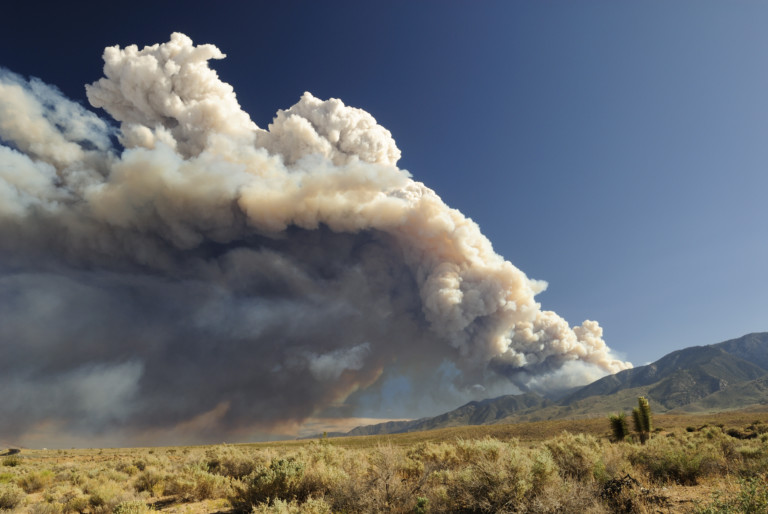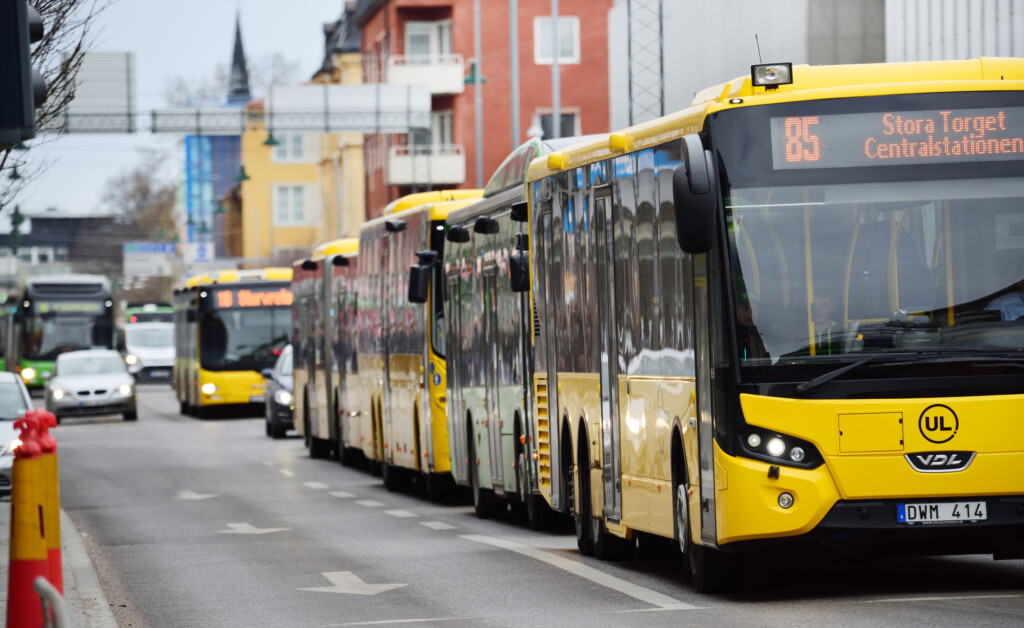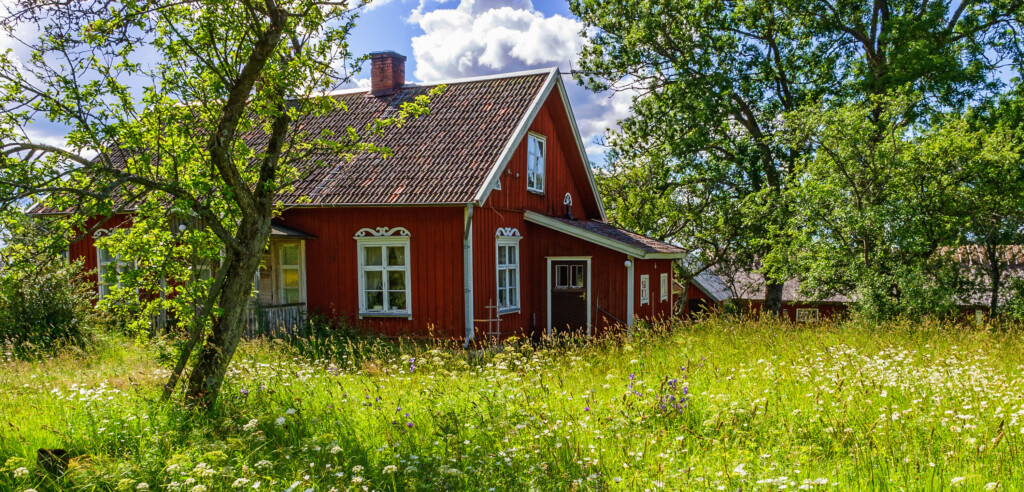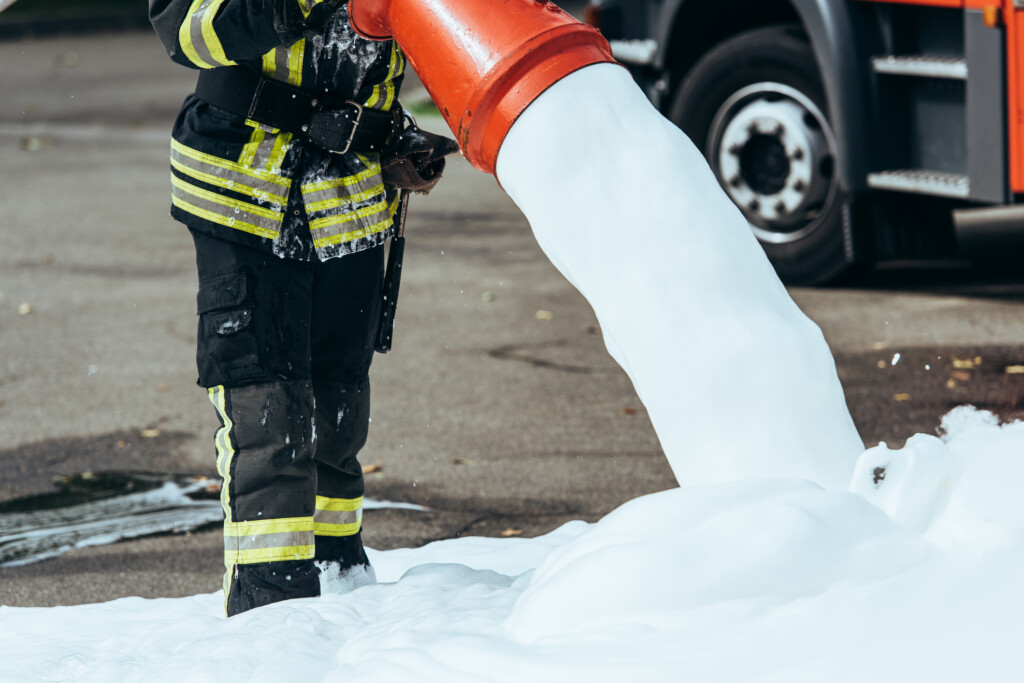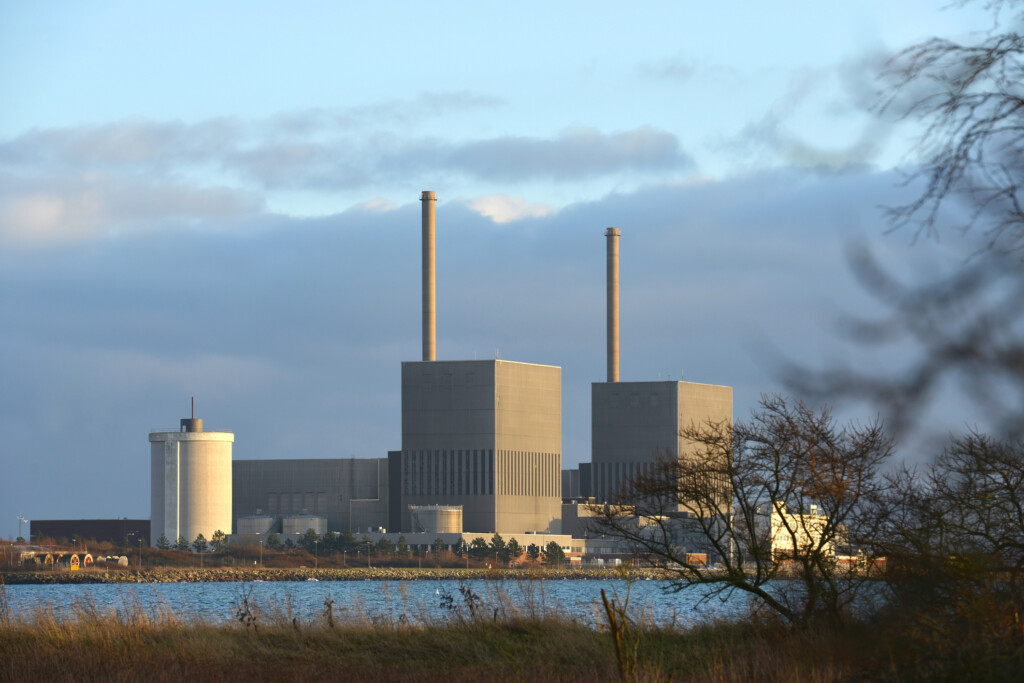Sustainable cities
“Equal societies are more peaceful”
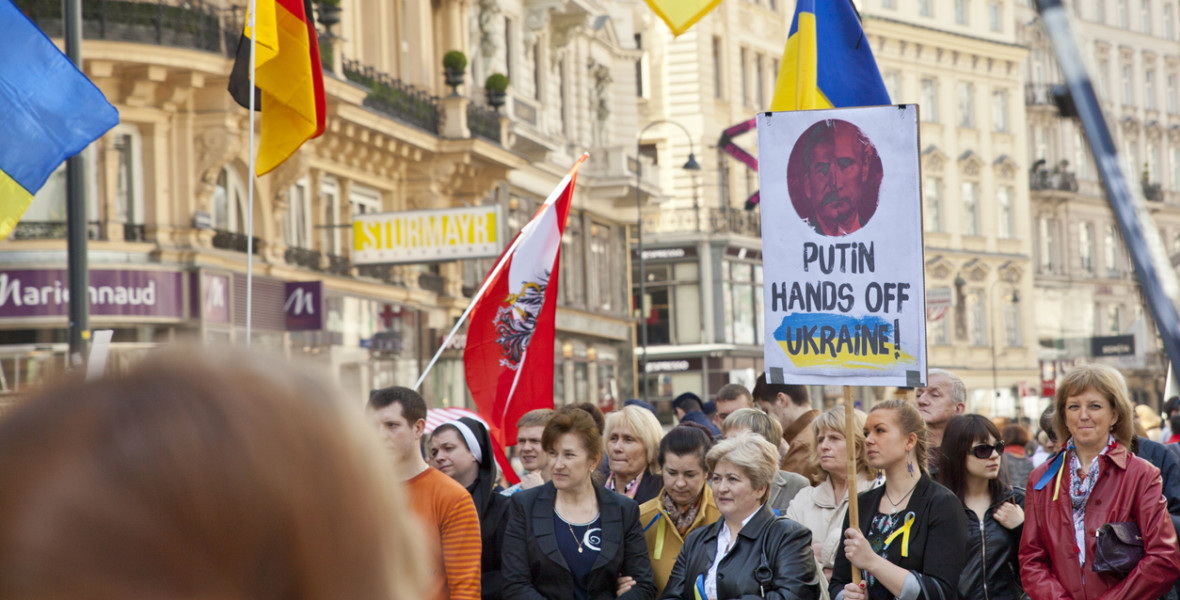
Uppsala researcher Erik Melander has shown that there is a connection between gender equality and peace. He is monitoring developments in Ukraine and believes that Russian women can have an impact on how long the Putin regime can continue its invasion.
Prenumerera på Extrakts nyhetsbrev!
Läs mer
Håll dig uppdaterad! Få kunskapen, idéerna och de nya lösningarna för ett hållbart samhälle.
Personal data is stored only for the mailing of Extrakt newsletters and information related to Extrakt’s operations. You can cancel the newsletter at any time, which means you will no longer receive any emails from us
Ever since Vladimir Putin invaded Ukraine just under two weeks ago, there have been protests in Russia against the war.
“In order to succeed, they need to gain the support of such a large portion of the population that the military eventually switches sides,” says Erik Melander, professor at the Department of Peace and Conflict Research at Uppsala University.
It is difficult to get a reliable picture of the extent of the Russian protests against the war, but Erik Melander perceives them to be widespread.
“In Russia, it is risky to protest against the regime. The fact that many people are doing so is a sign of great resistance,” he says.
He believes that many women are taking part in the demonstrations.
“That’s the impression I get from looking at photos being spread on social media. There are a great many women and young people.”
“Greater success when women participate”
It is Erik Melander’s opinion that the fact that women are participating in the war protests is important for a myriad of reasons.
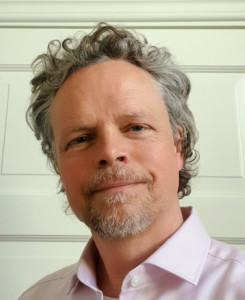
“Research shows that protests are more successful when women participate,” he says.
To reach critical mass, all types of people need to protest, but the fact that women in particular are participating has a strong symbolic value in countries with a conservative view of gender.
“The fact that women are going out to protest sends the message that the issue is of the utmost importance. It also looks very bad when the police use violence against women due to the belief that women should be protected.”
Police intervention went viral
A video clip of the Russian protests that has gone viral shows an elderly woman who allegedly survived the siege of Leningrad during World War II.
“The footage shows her being dragged away by armed police. It looks very bad.”
Erik Melander highlights that there is a strong tradition of anti-regime women in Russia. He mentions in particular the organisation among soldiers’ mothers.
“Young Russian men are forced to carry out brutal military service and there is a strong resistance to war among mothers who want to protect their sons. I don’t know to what extent the soldiers’ mothers have participated in the protests in recent weeks, but in general they are a critical force.”
Homage to bellicose masculinity
In his research, Erik Melander has seen that equal societies are more peaceful than others. That, he says, might help us understand why Putin’s Russia has invaded Ukraine.
“In societies where it is considered justified to use violence to dominate others, many people also tend to think that it is okay to oppress women and minority groups. There is also often a perception that bellicose masculinity is something natural and good,” he says, noting that Putin himself portrays such a masculinity norm.
“He will lift Russia from being ‘degraded and divided’ to becoming a country that is ‘strong and dominant’.”
Only men at the negotiating table
In general, war is strongly male-coded. Even in peace processes, women are generally absent.
“This is clearly illustrated at the moment in the negotiations between Russia and Ukraine,” says Erik Melander.
Only men can be seen around the table in pictures from the negotiations on the border between Ukraine and Belarus.
“I don’t know on what grounds the negotiators were chosen and I am not criticising this particular case, but we do know that the chances of reaching peace are greater if women are involved in the peace process. When you don’t exclude half the population, you get more competent people. That is one reason why it is foolish to have a diplomatic corps made exclusively of men. We also know that the chances of achieving long-term sustainable peace increase if different groups in society participate and contribute their perspectives to the peace process.”

